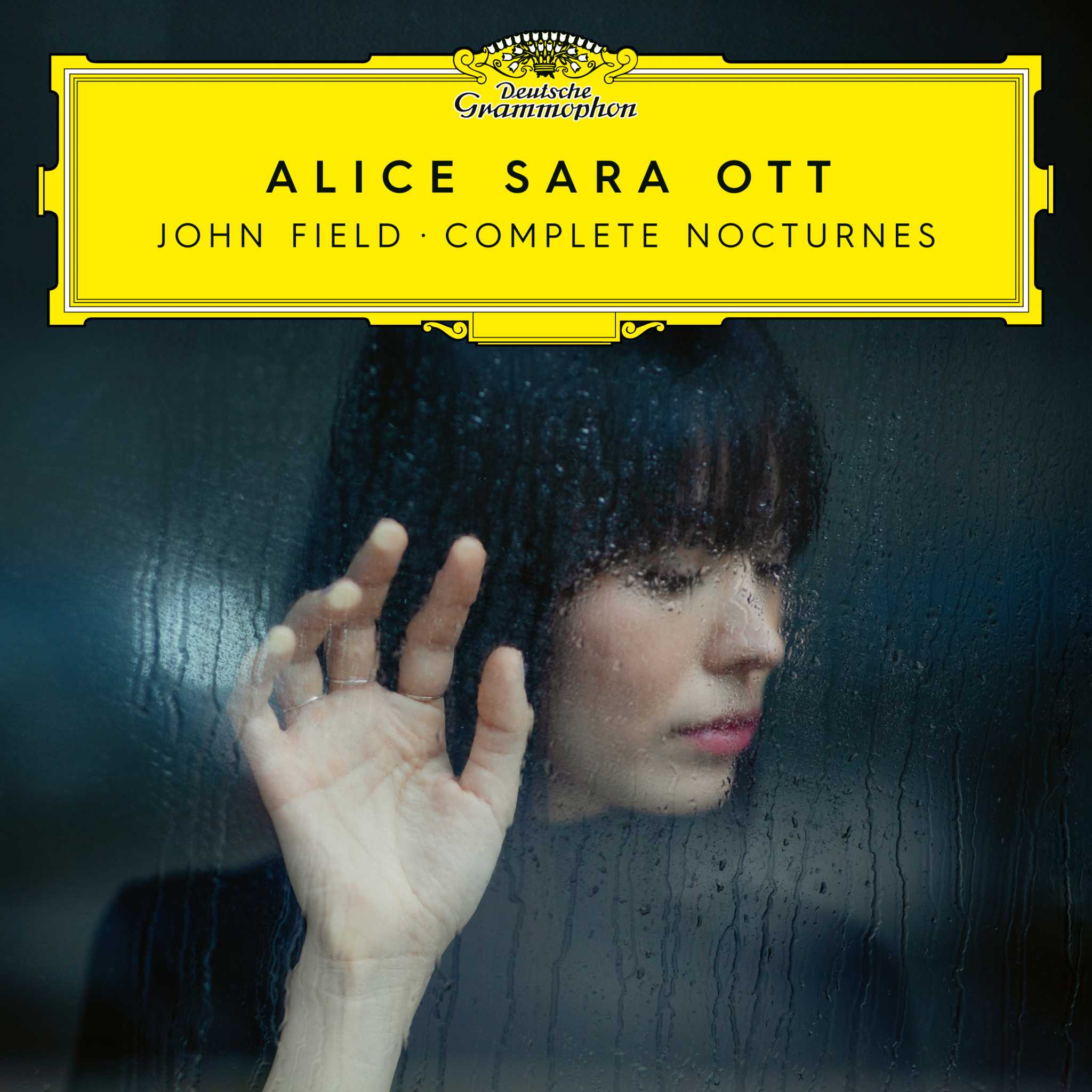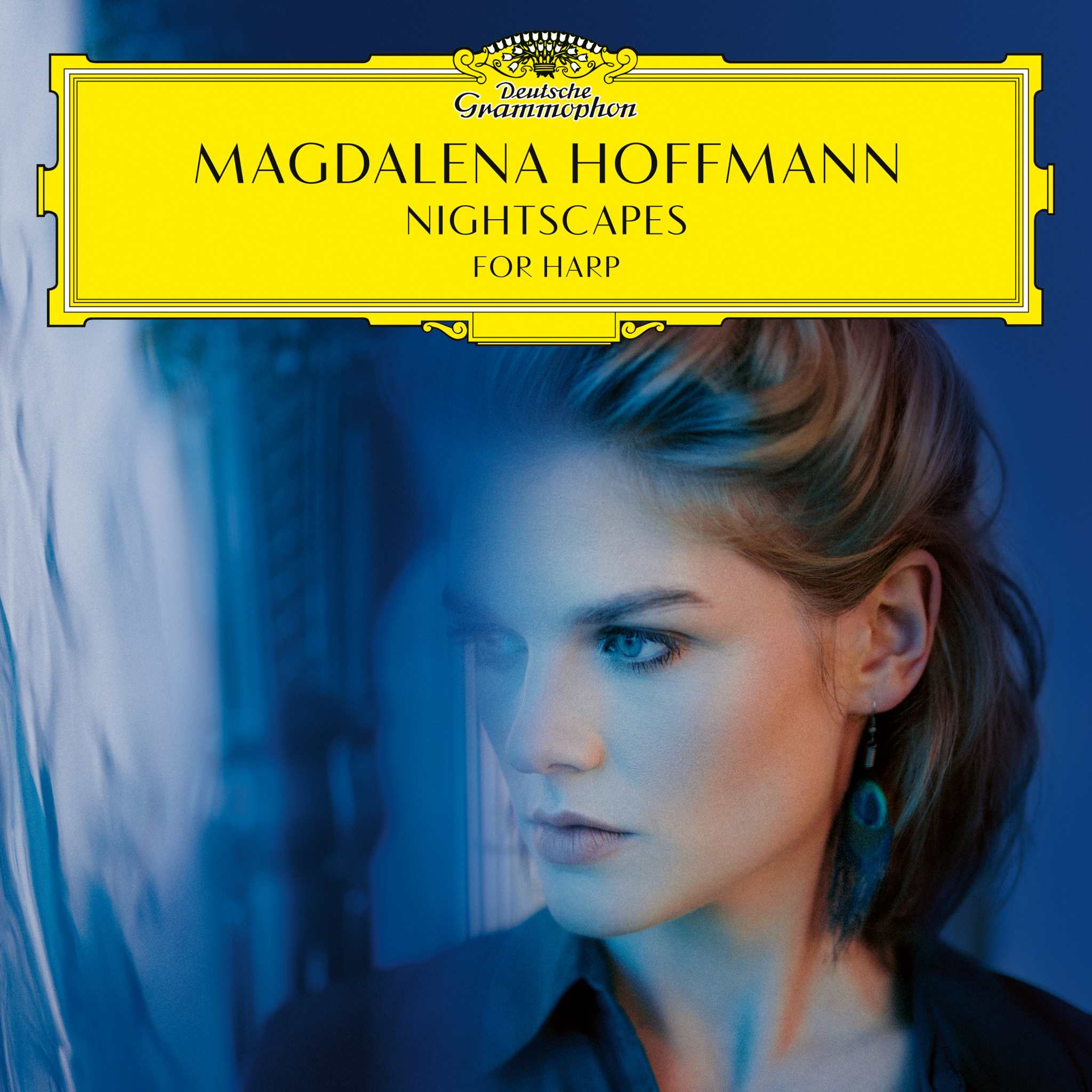The Fascinating Works of John Field
John Field (1782–1837) stands as a pivotal figure in the development of Romantic piano music. He is widely credited as the inventor of the nocturne. His evocative, lyrical piano miniatures influenced a generation of composer-pianists, notably Frédéric Chopin, Franz Liszt, and Robert Schumann.
Highlights of Field’s Life and Musical Legacy
Field was born in Dublin into a musical family and was recognized early as a prodigy, debuting as a pianist in 1792. His family moved to London in 1793, where he studied piano with Muzio Clementi. Their partnership led to travels across Europe, including Paris, Vienna, and St. Petersburg.
In 1803, Field settled in St. Petersburg, where he became a highly sought-after performer and teacher, captivating aristocratic audiences in salons and garnering popularity across Russia and Europe. Field is particularly remembered for inventing the nocturne: a form defined by song-like, lyrical melodies set above flowing, atmospheric accompaniments. He was the first to explicitly title such character pieces ‘Nocturne’.
His nocturnes, written from 1812 onwards, profoundly influenced the likes of Chopin, who took the form further in his own compositions. Field composed seven piano concertos, several sonatas, and numerous shorter works, but it is in the nocturnes—concise and intimate in mood—that his expressive melodic invention and imaginative harmonies shine brightest.
Field’s influence also extended through his teaching; he encouraged young Russian composers such as Charles Mayer, Alexandre Dubuque, and Antoine de Kontski. Despite a prolific career, Field’s health declined in the late 1820s due to cancer. He continued to perform until ten months before his death at age 54 in Moscow, where he was buried.
Notable Works Featured
Field’s most defining contribution to piano literature is his complete nocturnes. His expressive and imaginative harmonies have left a lasting impact on the Romantic movement.











